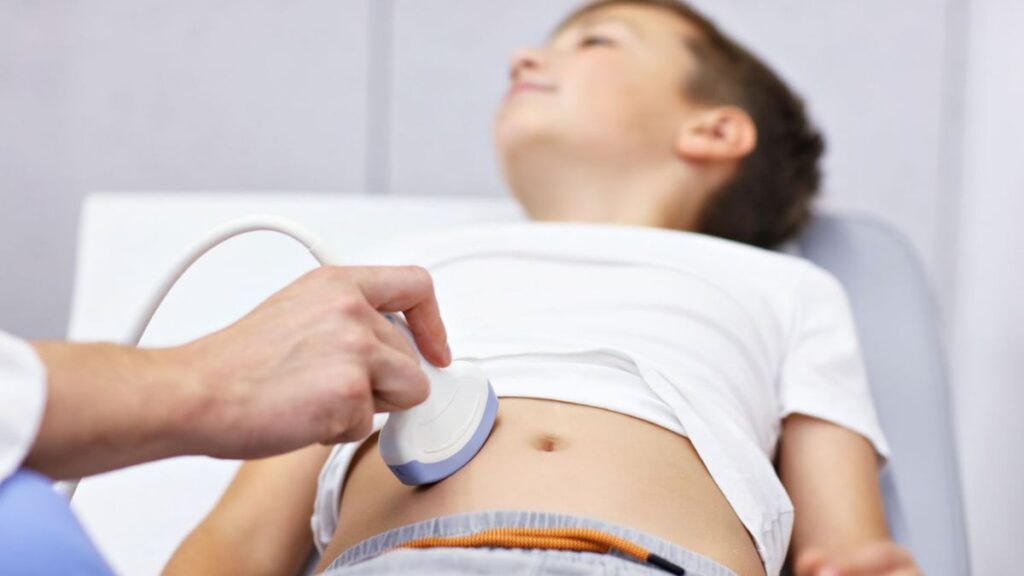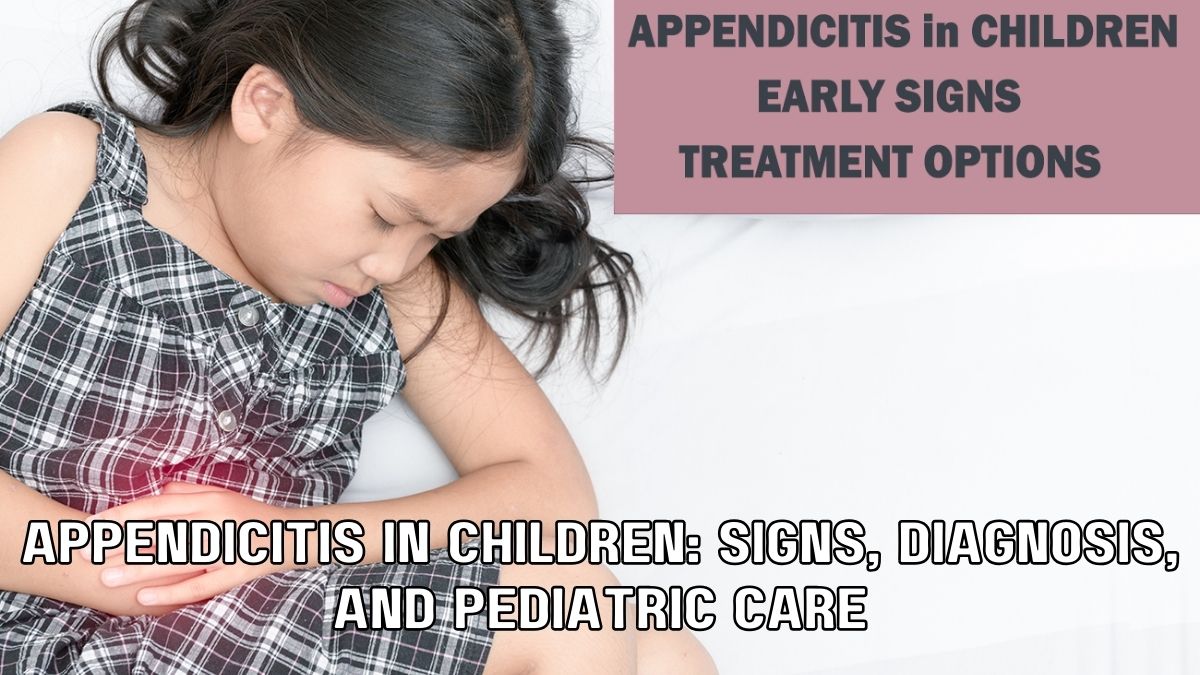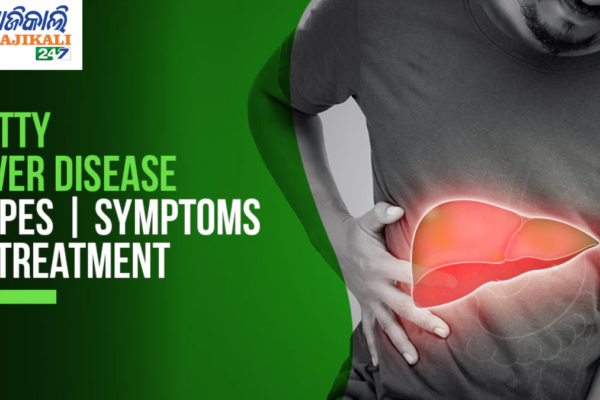Introduction
Appendicitis is a condition that can affect individuals of all ages, including children. While it’s more commonly associated with adults, pediatric appendicitis can occur and requires prompt attention. This blog aims to shed light on the signs, diagnosis, and pediatric care for appendicitis in children, ensuring parents are informed and can act swiftly if needed.
Understanding Appendicitis in Children
The appendix is a small, finger-like organ located in the lower right abdomen. Appendicitis occurs when the appendix becomes inflamed and, if left untreated, can lead to a rupture, which is a medical emergency. Recognizing the signs and seeking immediate medical care is crucial.

Signs and Symptoms in Children
- Abdominal Pain: The most common symptom of pediatric appendicitis is abdominal pain, often starting around the belly button and then moving to the lower right abdomen.
- Fever: A fever may accompany the abdominal pain, indicating an inflammatory response.
- Loss of Appetite: Children with appendicitis often have a reduced appetite and may not want to eat.
- Nausea and Vomiting: Nausea and vomiting can occur as a result of the abdominal discomfort.

Diagnosis
Diagnosing appendicitis in children can be challenging because they may have difficulty communicating their symptoms. Diagnosis typically involves:
- Physical Examination: The healthcare provider will conduct a physical exam, checking for signs like tenderness in the abdomen.
- Blood Tests: Blood tests, including a white blood cell count, can help indicate infection or inflammation.
- Imaging: Ultrasound or CT scans may be used to visualize the appendix and confirm the diagnosis.

Pediatric Care and Treatment
If appendicitis is diagnosed, surgery to remove the inflamed appendix (appendectomy) is the standard treatment. In pediatric cases, surgery is often performed promptly to prevent complications. Key points to remember:
- Surgery: Appendectomy is typically performed laparoscopically, which involves smaller incisions and a faster recovery.
- Recovery: After surgery, children will need time to recover, including a short hospital stay and some restrictions on physical activity.
- Complications: Timely intervention is essential to prevent a ruptured appendix, which can lead to serious infections.

Conclusion
Appendicitis in children is a serious condition that demands prompt attention. Parents and caregivers should be aware of the signs and symptoms, particularly abdominal pain and changes in appetite. If appendicitis is suspected, seek immediate medical care. With swift diagnosis and treatment, most children recover fully and can resume their normal activities. Being informed and proactive is crucial in ensuring the well-being of your child when faced with this condition.












